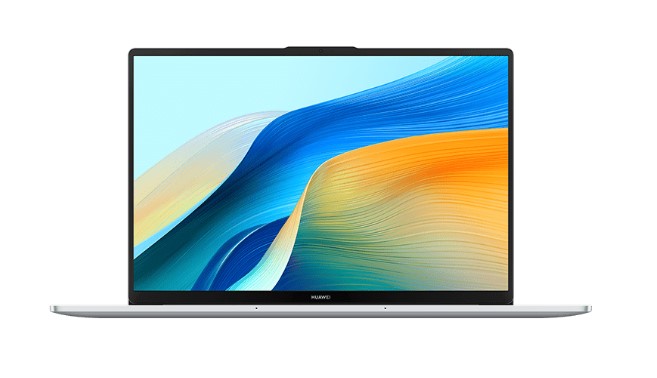In our rapidly advancing digital age, the ability to connect and share information seamlessly is crucial. Laptops, being versatile computing devices, offer various networking options to cater to different needs. Whether you're working in a corporate setting, collaborating on projects, or simply looking to share resources, understanding the diverse ways laptops can be networked is essential.
The Ways Laptops Can Be Networked
Wired Networking
One of the most traditional and reliable methods of connecting laptops is through wired networking. Ethernet cables facilitate a direct, physical connection to a network router or switch, offering high-speed data transfer and low latency. This method is commonly used in offices and homes where a stable and secure connection is paramount. Wired networks ensure consistent performance, making them ideal for tasks that demand reliability, such as video conferencing, large file transfers, or online gaming.

Bluetooth
For shorter-range connections, Bluetooth technology serves as a valuable tool for networking laptops with peripheral devices. This wireless communication standard facilitates the transfer of data over short distances, typically up to 100 meters. Bluetooth is commonly used for connecting laptops to printers, speakers, headphones, and other devices, streamlining the user experience by eliminating the need for physical connections. Its low power consumption makes Bluetooth an efficient choice for conserving laptop battery life while enabling seamless connectivity.
Virtual Private Networks
In an era where cybersecurity is paramount, Virtual Private Networks (VPNs) offer a secure means of networking laptops, especially when accessing the internet. VPNs create encrypted tunnels between the laptop and a remote server, ensuring that sensitive data remains confidential and protected from potential threats. This technology is essential for remote workers who need to access corporate networks securely or for individuals seeking privacy while browsing the internet in public places. By masking the user's IP address, VPNs add an extra layer of security to laptop networking.
Mobile Hotspots
For those constantly on the move, mobile hotspots provide a convenient solution to network laptops without relying on traditional infrastructure. By leveraging cellular data networks, laptops can connect to the internet via a mobile hotspot device or a smartphone. This is particularly useful in situations where Wi-Fi or wired connections are unavailable, offering professionals, students, and travelers the flexibility to stay connected and productive regardless of their location.
Peer-to-Peer Networking
Peer-to-peer (P2P) networking enables laptops to connect directly with each other without the need for a centralized server or router. This method is beneficial for collaborative efforts, allowing users to share files, collaborate on projects, or play multiplayer games without the constraints of a traditional network. P2P networking is especially useful in environments where quick and direct communication between laptops is essential, fostering efficient collaboration and information exchange.
Wireless Local Area Networks
Wireless networking, specifically WLANs, has become ubiquitous in our daily lives. Wi-Fi technology enables laptops to connect to local networks without the need for physical cables, providing unmatched mobility. WLANs use radio waves to transmit data between devices and access points, offering the flexibility to connect laptops from various locations within a specified range. As the first laptop model to receive SGS five-star Wi-Fi signal capability certification, huawei matebook d 16 laptop file download speed increases by 51%. Signal transmission breaks through barriers, with the longest connection distance reaching 270m.

Conclusion
The ways in which laptops can be networked are diverse and cater to the varied needs of users in different scenarios. From the stability of wired connections to the mobility of wireless networks, the security of VPNs, and the convenience of mobile hotspots, each networking option has its unique advantages. As technology continues to evolve, the landscape of laptop networking will undoubtedly witness further innovations, providing users with even more choices to stay connected in an increasingly interconnected world.
